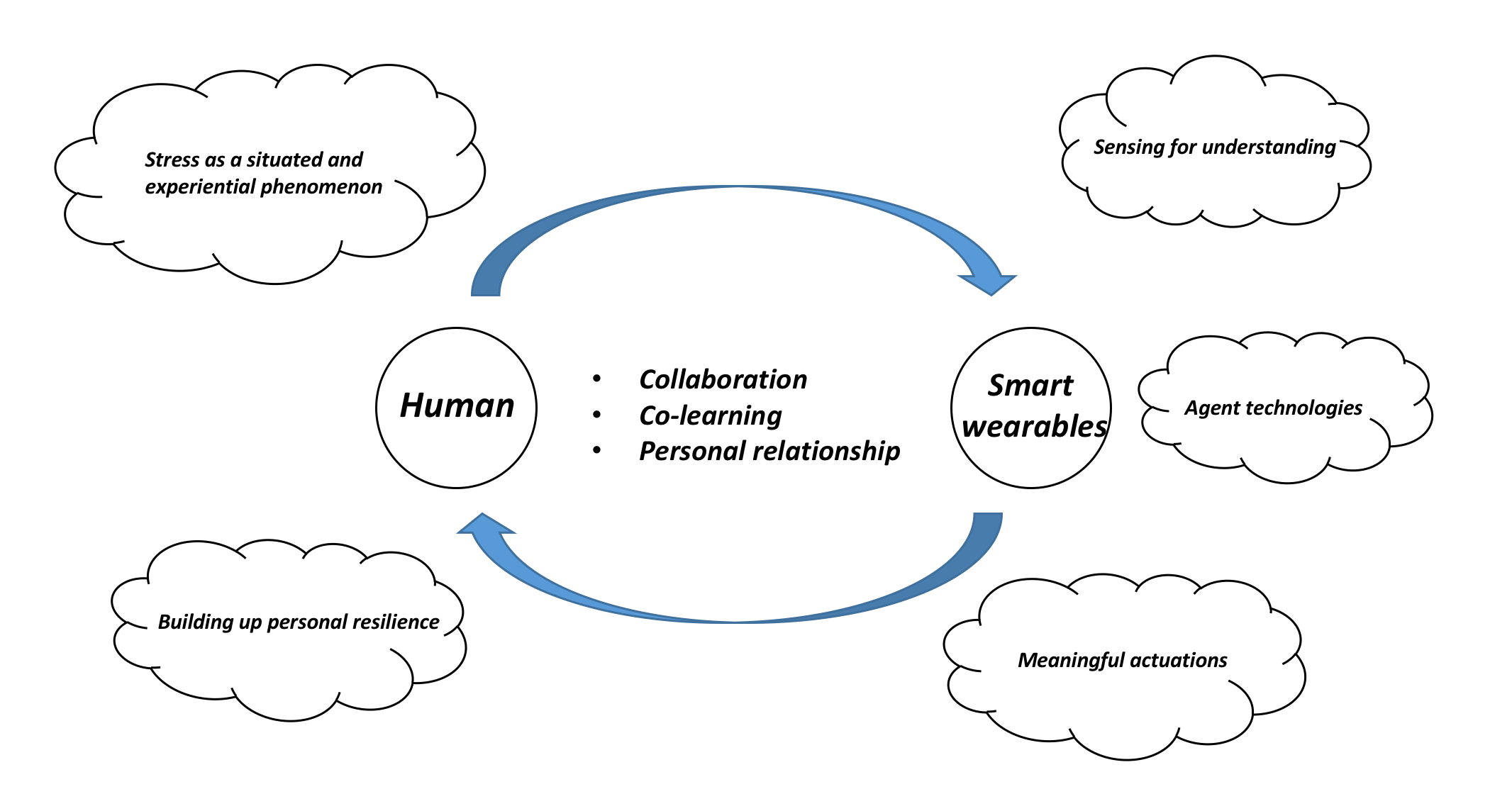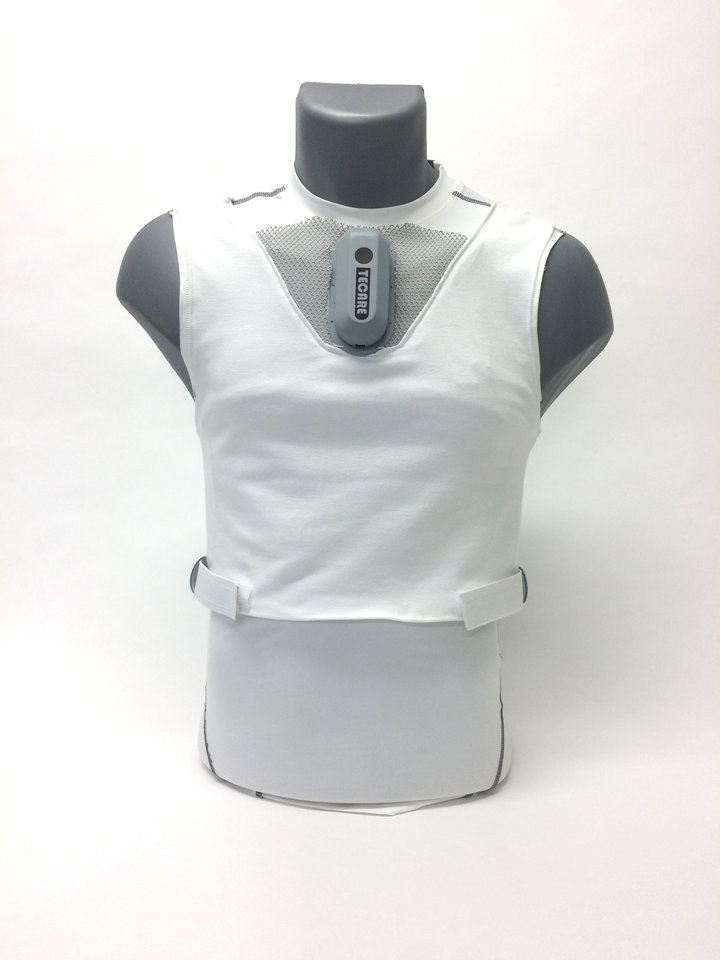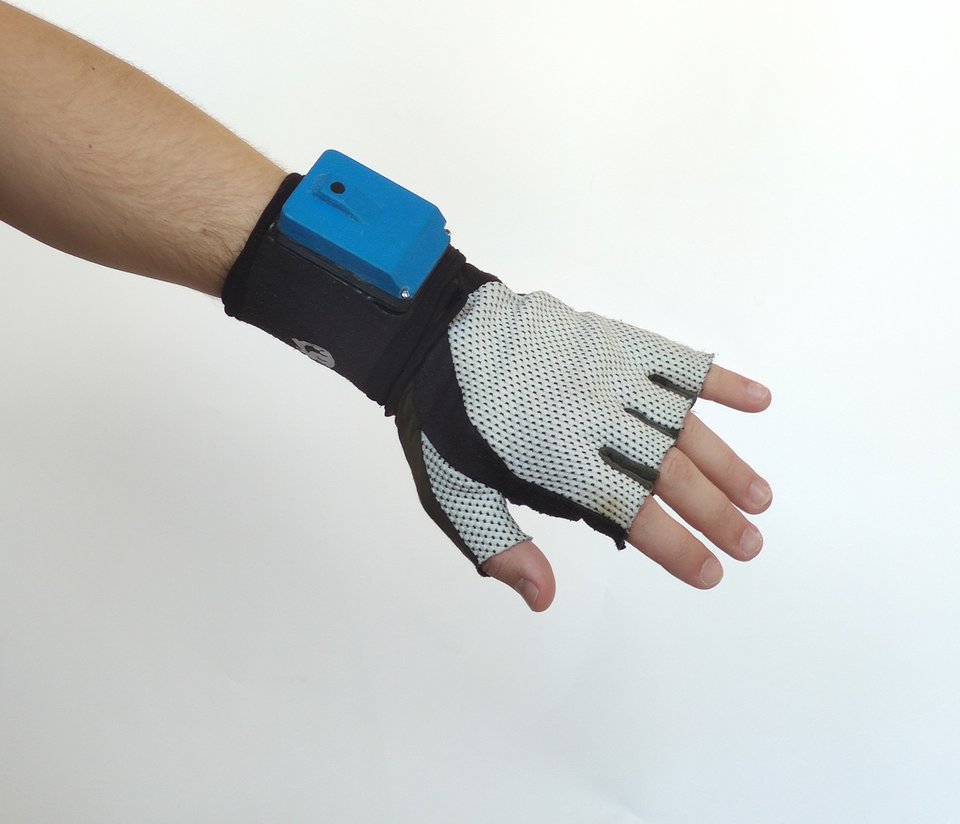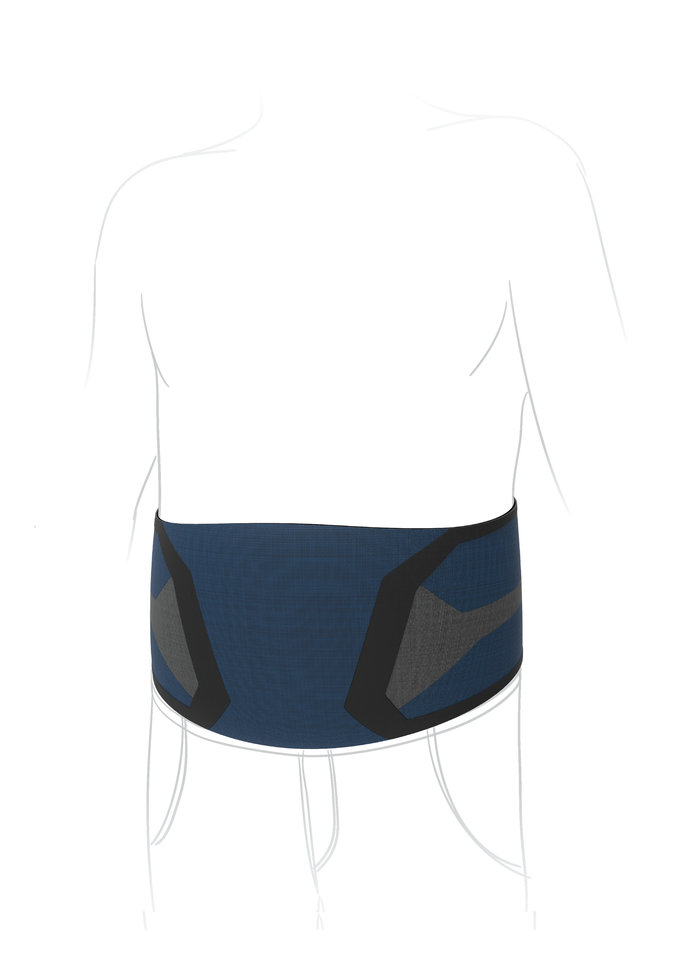Smart wearables as partner
Smart garments or wearables can not only help detecting stressful situations but also act as partners to help people deal with daily stress. Based on an ethnograpic study with war-veterans with posttraumatic stress disorder (PTSD). In this study we propose an approach and a set of guidelines to help designers understand and design for stress as a chronic issue on daily basis. Through an iterative design process, a set of prototypes were developed to illustrate the concept of smart wearables as partners and investigate their impacts in real life. This work contributes to the theories on interaction design of smart objects for everyday life. It is also helpful for designers who are working on relevant topics such as design for mental health and design for behavioural change.
More information
- Xueliang Li, Kaspar Jansen, Xinjie Zhang, Marco C. Rozendaal and Catholijn M. Jonker, Designing an Integrated Wearable System for Biosensing and Self-reporting of Stress, Proc. 7th International conference on Design4Health, Amsterdam, 1-3 July 2020
- X. Li, K.M.B. Jansen, M.C. Rozendaal, C.M. Jonker, Towards an agentic design approach to stress management: Understanding Autonomy, Animism and Presence as a Design Strategy for Behavior Change, DIS 2017
- Xueliang (Sean) Li, Marco C. Rozendaal, Kaspar Jansen, Catholijn Jonker, Eric Vermetten, Things that help out: Designing Smart wearables as Partners in Stress Management, AI & Society, June 2020

Kaspar Jansen
- +31 (0) 152786905
- k.m.b.jansen@tudelft.nl
-
Room B-3-170
Researchers
PhD student
- Xueliang (Sean) Li
Supervision
- Kaspar Jansen (promotor)
- Catholijn Jonker (promotor)
- Marco Rozendaal (co promotor and daily supervisor)



